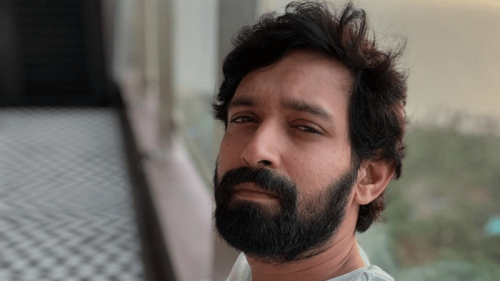The leftwing hero of the Cultural Revolution — who protested as a student against ‘capitalist’ exams — has become a multimillionaire, Chinese media reported, after the company he co-founded went public.
The 63-year-old is a major shareholder in and honorary vice-president of Wellhope Agri-Tech, an animal feed and food processing business that went public on July 30. The Beijing Morning Post estimated his wealth at 189m yuan.
Zhang was just 22 when he came to national attention in 1973, after he wrote to leaders on the back of his college entrance paper, excoriating the examination as a return to the capitalist model of education.
The exams, abolished in 1966, had been restored for workers, peasants and soldiers with good political records, although the state council said there should not be too much stress on scores.
Even so, Mao’s wife Jiang Qing and nephew Mao Yuanxin decided the move was a bourgeois counter-offensive against the revolution in education. They seized on Zhang’s lengthy screed, hailing him as a model of “going against the tide”.
By all accounts, his zealous defence of revolutionary standards was preceded by some difficulty with the questions on the paper: reportedly, he managed to answer just three. But he argued that his hard labour in the fields had prevented him from studying and attacked “bookworms who ignored their proper occupations” and craved a college education for their own selfish benefits.
An edited version was carried across major newspapers and Mao Zedong himself singled the young man out for praise.
Zhang, from Liaoning province, became a campaigner and role model and was later admitted to a farming college, majoring in animal husbandry and veterinary science. But he was jailed after the end of the Cultural Revolution in a crackdown on leftists and freed only in 1991.
Despite missing the early years of reform and opening up, he caught up quickly, embracing private enterprise.
Yin Hongbiao, a professor at Peking University and expert on the counter-offensive, said Zhang’s success was a sign of society becoming more and more tolerant.
Although in general it would be more difficult for people who were jailed after the Cultural Revolution to succeed within the civil service and state-owned enterprises, it did not necessarily mean they could not make it in the private sector, Yin said. “But Zhang’s case is certainly very rare,” Yin added, given the scale of his estimated wealth.
By arrangement with The Guardian
Published in Dawn, August 2nd, 2014














































Dear visitor, the comments section is undergoing an overhaul and will return soon.